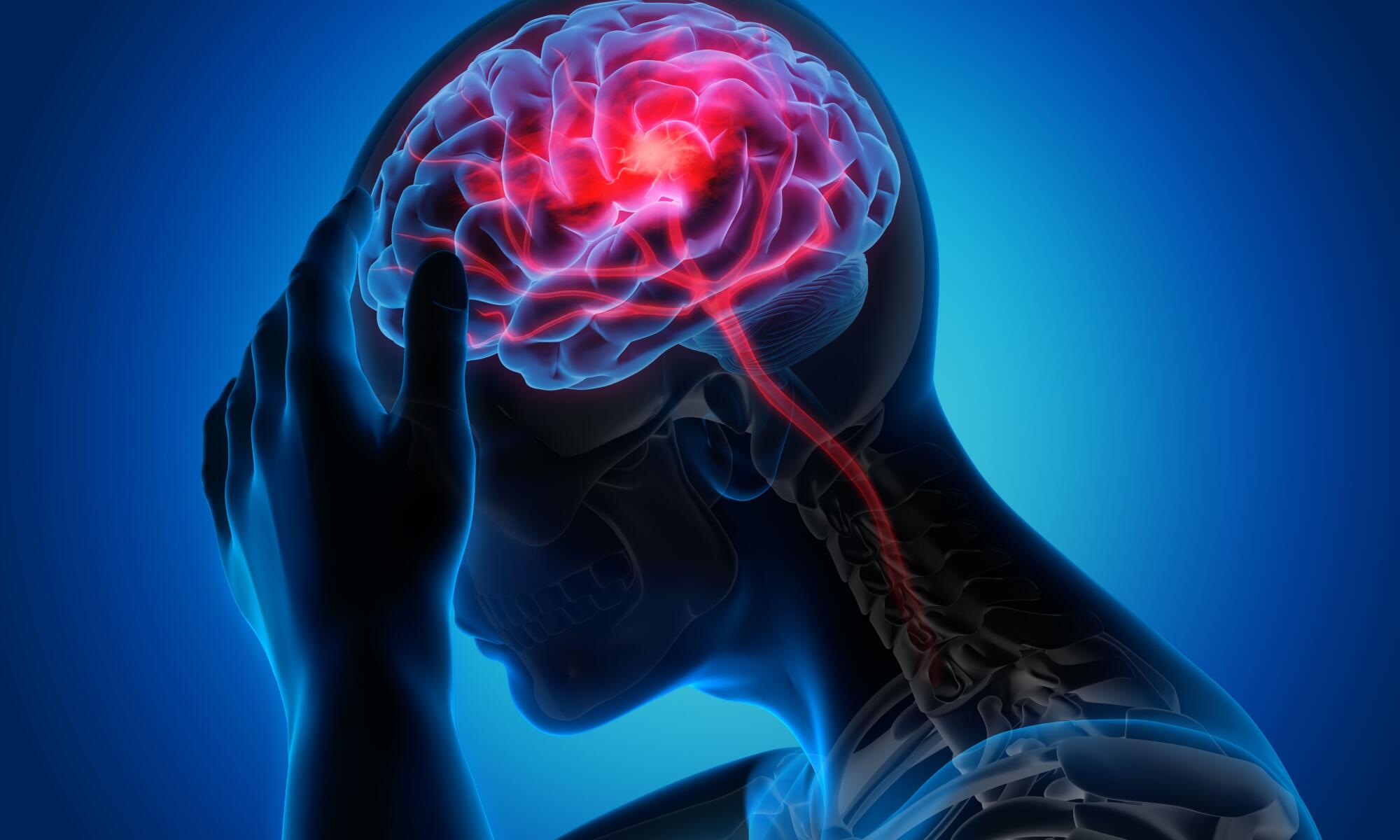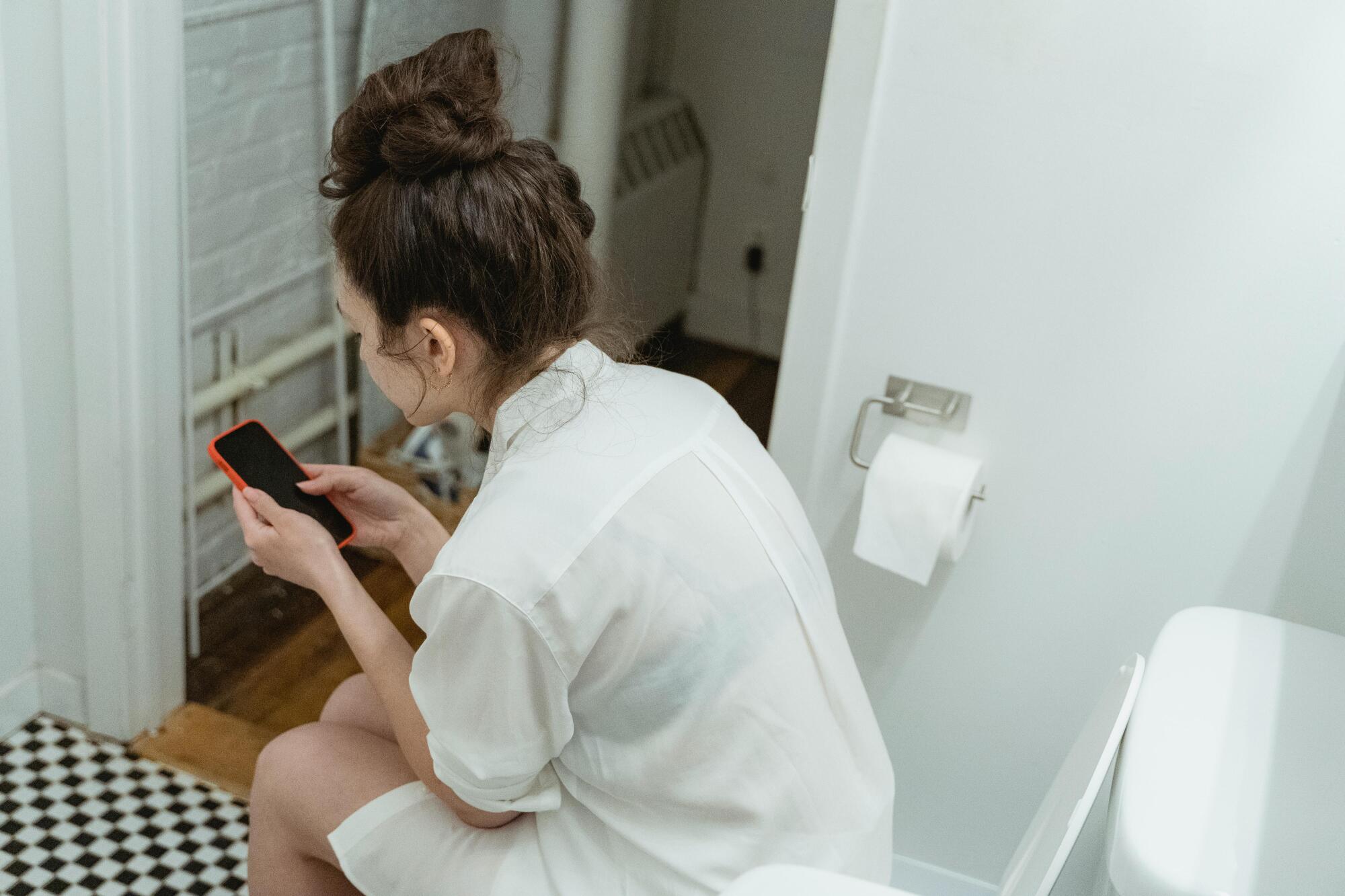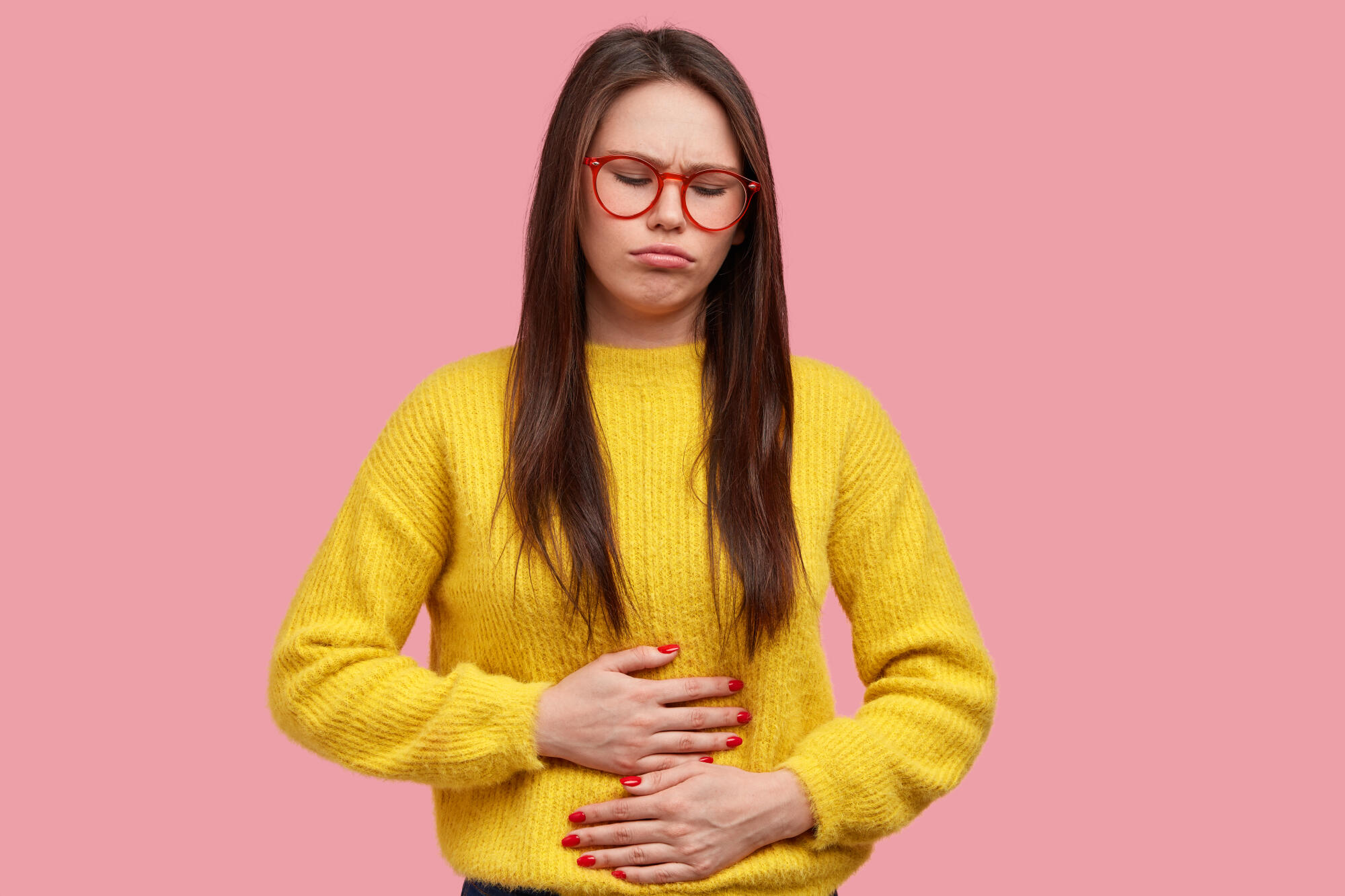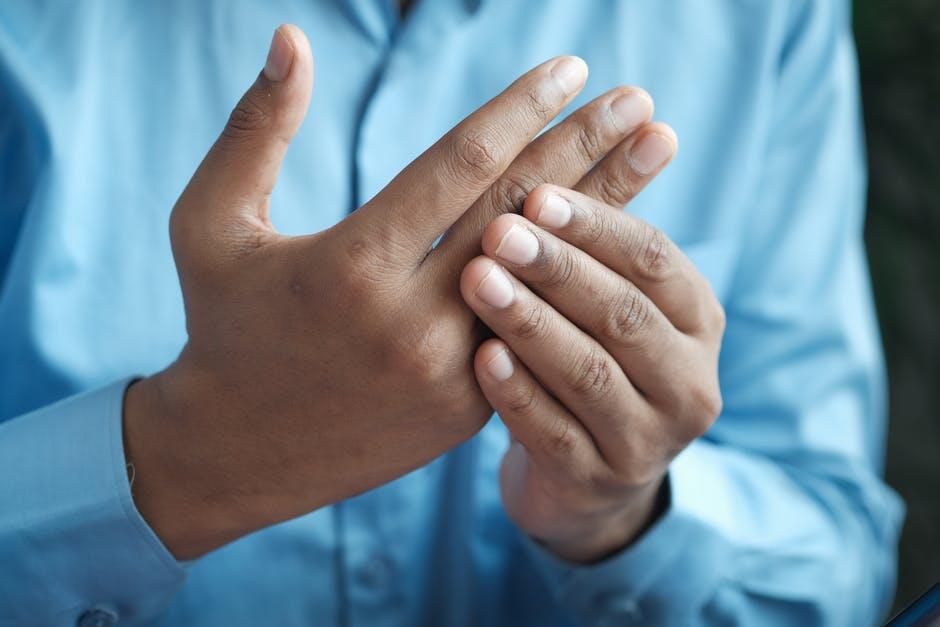
Say Goodbye to Constipation on Your Period with Our Expert Tips

If you’re constipated on your period, then it’s often due to hormonal changes, diet shifts, and reduced activity. However, you can feel better by hydrating, eating fiber-rich foods, doing gentle exercise, and prioritizing stress management.
According to a study by Bernstein et al., published in the National Center for Biotechnology Information, 15% of women experience premenstrual constipation, and 10% are constipated during menses. It’s already no fun to deal with your period, but when you add gastrointestinal (GI) issues on top of it, it can really make life difficult.
There are several reasons why you get constipated on your period, but the good news is that you can take practical steps to relieve constipation. Read this article to find out how you can restore balance to your GI tract during your period so you can find some relief.
Why Do I Get So Constipated on My Period?
Women get constipated during their periods mainly due to hormonal fluctuations, especially in progesterone and estrogen.
First of all, during the luteal phase (between ovulation and menstruation), your progesterone levels rise. This can naturally slow down digestion.
Then, when your period begins, prostaglandins are released to aid in uterine lining shedding. Prostaglandins are great at their job, but unfortunately, they can also affect the digestive tract. For some women, this means constipation, and for others, this means diarrhea.
You also get constipated on your period because of:
- Water retention (this leads to harder stools)
- Diet changes or cravings for salty, sugary, or processed foods
- Reduced activity since you’re cramping, fatigued, or having mood changes
- Pain medication use (they can slow down digestion, especially non-steroidal anti-inflammatory drugs (NSAIDs))
How Do You Get Rid of Hormonal Constipation?
To get rid of hormonal constipation and experience menstrual discomfort relief, you need to make lifestyle changes to encourage healthy bowel movements.
Here are our natural remedies for constipation:
- Stay hydrated with water or herbal teas
- Get moving with light exercise, such as walking, yoga, or stretching
- Use heat therapy (warm compress on your abdomen to relax muscles and ease cramping)
- Time your bathroom breaks (listen to your body and don’t delay bowel movements)
You can also consider using stool-softening remedies, such as prunes or flaxseed. There are also over-the-counter stool softeners.
Gentle Diet Changes That Make a Difference
Another way you can ease constipation during your period is to focus on digestive health during menstruation. It may be nice to have processed snacks and sugary treats, but the truth is, these things are only contributing to constipation.
Swap out those snacks and try these instead:
- High-fiber fruits (e.g., berries, pears, apples with skin, kiwis)
- Vegetables (e.g., leafy greens, carrots, broccoli, sweet potatoes)
- Whole grains (e.g., oats, quinoa, brown rice, whole-wheat bread)
- Seeds (e.g., chia, flax, pumpkin seeds)
In addition, avoid excess caffeine and alcohol. These can dehydrate you, and it’ll make your stools harder.
Helpful Lifestyle Habits for Digestive Comfort
Approaching period-related digestive issues from a holistic angle is always a good idea. These are the things you should do in your daily life to keep constipation at bay:
- Establish a bathroom routine
- Practice stress management
- Prioritize rest
- Do gentle movement during your period
When to Seek Medical Help
For most women, period-related constipation is usually temporary and manageable. However, for some, it can become something that’s signaling a bigger issue.
You should contact your doctor if you start experiencing the following:
- Severe abdominal pain or bloating
- Blood in your stool
- Constipation that lasts over two weeks
- Unexpected weight loss
- Symptoms that significantly interfere with daily life
Frequently Asked Questions (FAQs)
Why Are Period Poops Different?
Period poops are different since hormones (like prostaglandins) affect the muscles of your uterus and intestines. As a result, stools can be looser or you may become constipated, depending on your body’s response to the hormones.
Can Birth Control Help With Period-Related Constipation?
Yes, some forms of hormonal birth control can regulate hormone fluctuations. This can then reduce your digestive discomfort, although results vary between women.
Does Magnesium Help With Constipation During Your Period?
Magnesium is one of the most beneficial supplements you should be taking daily already. What’s great about it is that it can relax the muscles of the digestive tract and draw water into the intestines too. This makes it an immensely helpful supplement for easing constipation.
Is It Safe to Take Laxatives for Period Constipation?
In general, it’s safe to use gentle laxatives occasionally. However, they shouldn’t be your first option when you’re constipated on your period. To avoid dependence on laxatives, you should first try lifestyle and dietary changes.
Do Iron Supplements Worsen Constipation During My Period?
Yes, iron supplements can worsen constipation during your period. If they’re necessary to combat menstrual blood loss, then pair them with high-fiber foods and hydration.
How Can I Tell if My Constipation Is From My Period or Another Condition?
If your constipation always aligns with your menstrual cycle and goes away afterward, it’s highly likely that it’s period-related. On the other hand, if you have persistent constipation outside of your cycle, then you may need further evaluation to figure out what’s causing it.
Can Exercise Really Make a Difference for Period Constipation?
Yes, even if you do light movement, it can relieve sluggish digestion and reduce bloating during your period. This makes exercise one of the best period bloating remedies.
Exercises to consider include:
- Walking
- Yoga
- Stretching
Stop Being Constipated on Your Period
Being constipated on your period can be very uncomfortable, especially if you suffer from other menstrual side effects. But luckily, you don’t have to live with this discomfort.
Now that you’ve learned what causes this and what you can do to feel better, you can better handle your periods. Plus, the lifestyle changes you should make will have a positive effect on your overall health, so it’s a win-win if you’re proactive and consistent.
Would you like affordable medications to help with your period? Then browse our products now. Kiwi has daily deals, and we only ship from licensed, regulated, and inspected pharmacy locations.
Related Posts


